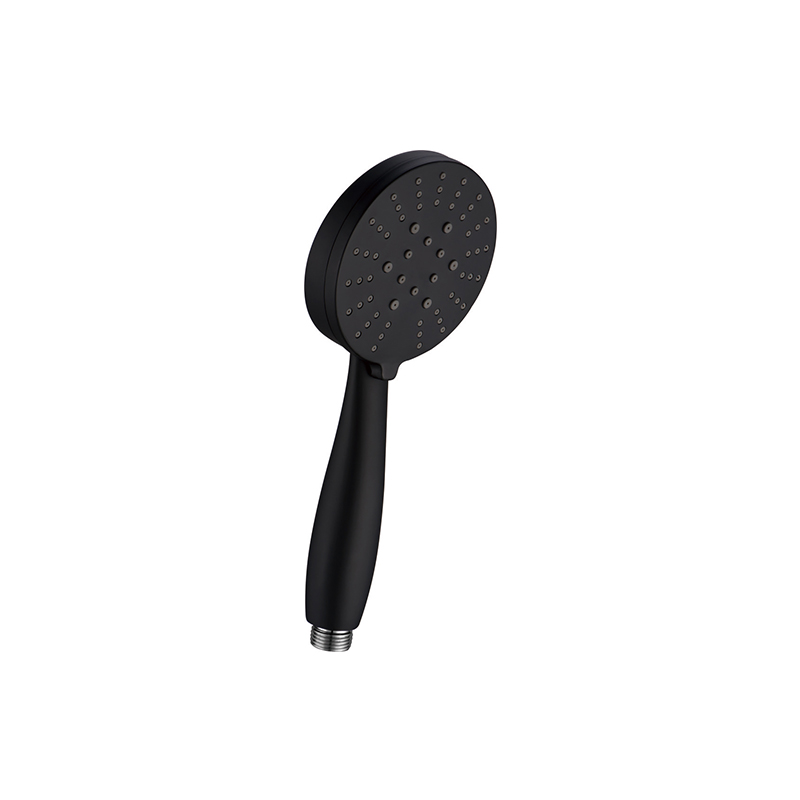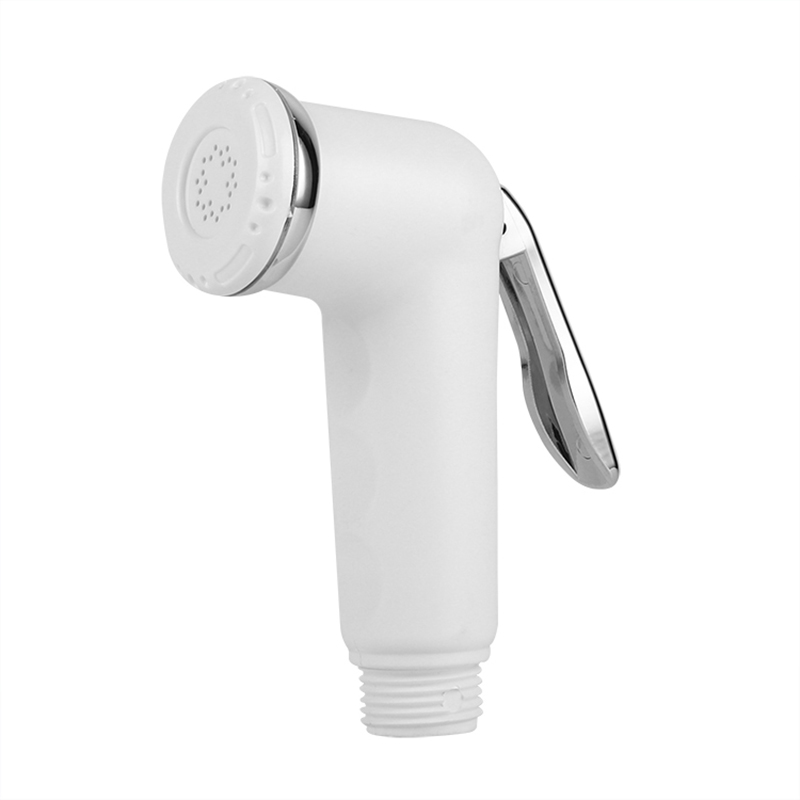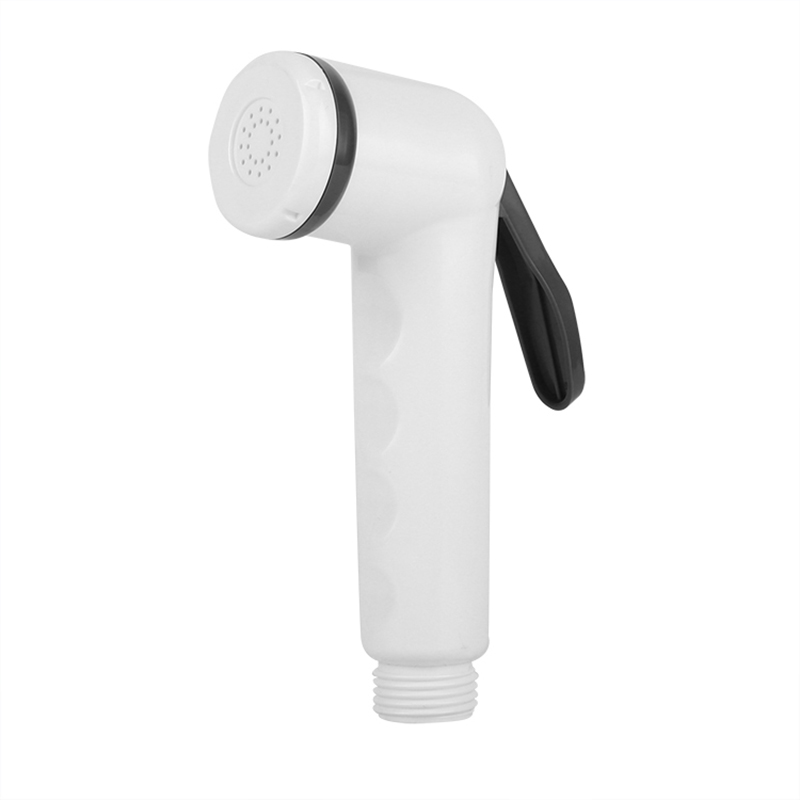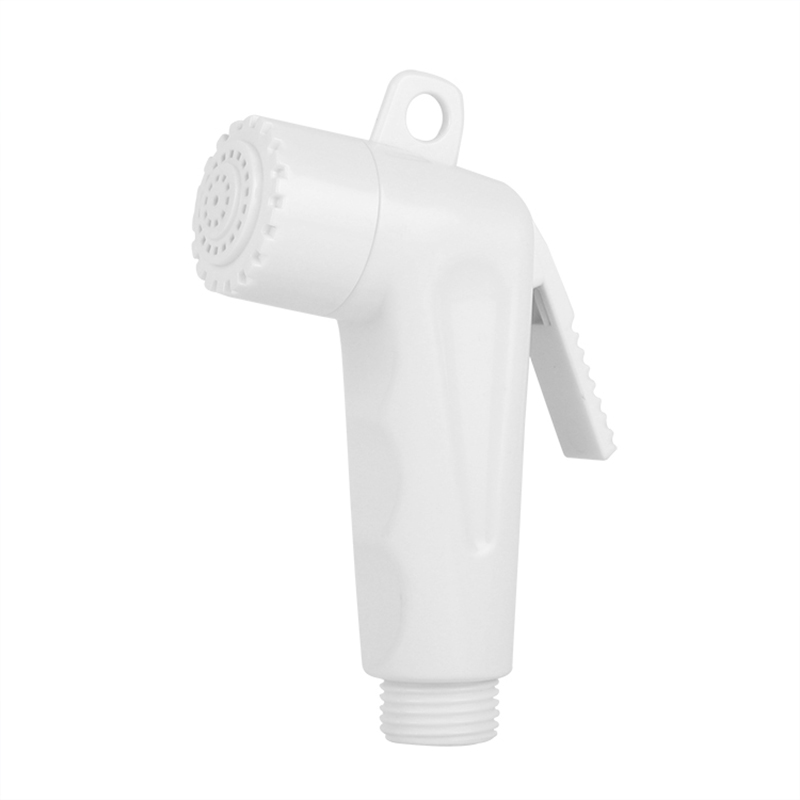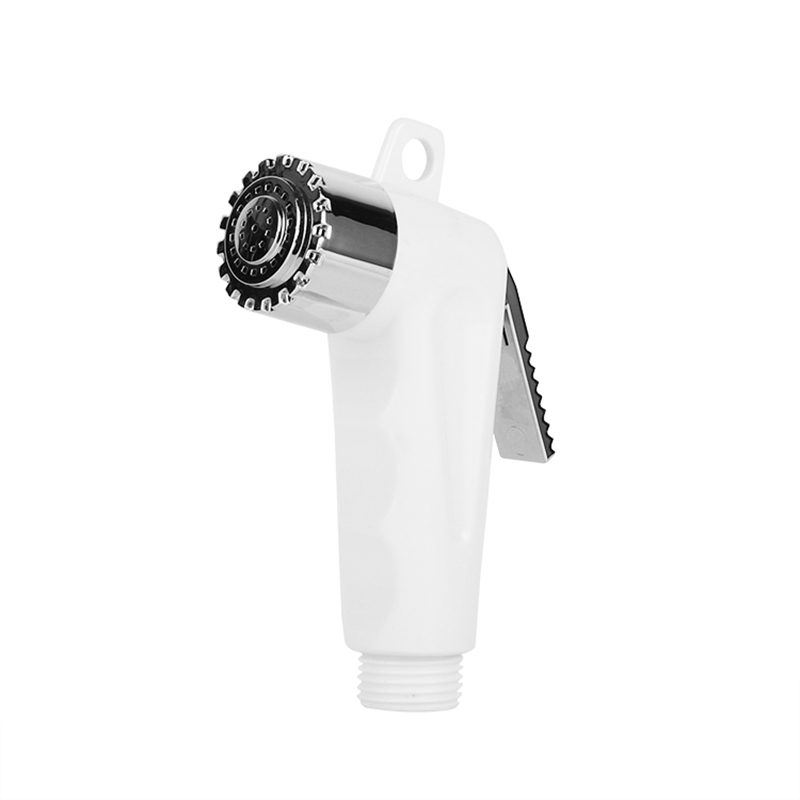When selecting components for a bathroom, particularly those that carry water, safety and durability are paramount. A common question among homeowners and builders is whether a stainless steel shower flexible hose is a safe and suitable choice for hot water applications.
Material Composition and Heat Resistance
A stainless steel shower flexible hose is typically constructed with an inner tube made of a polymer such as PVC, EPDM, or rubber, which is then reinforced with an outer braid of stainless steel wire. The primary safety for hot water use depends on the heat resistance of both the inner tube and the stainless steel braid.
High-quality stainless steel, such as Grade 304 or 316, is highly resistant to corrosion and can withstand temperatures far beyond those encountered in domestic hot water systems, which usually operate below 60–80°C (140–176°F). The critical factor is the inner tube material. Most manufacturers design these hoses to handle water temperatures up to 80–90°C (176–194°F), but the exact maximum temperature should always be verified with the product specifications.
Durability and Pressure Handling
The stainless steel braiding provides excellent burst strength and protects the inner tube from external damage. This reinforcement allows the hose to handle the thermal expansion and pressure fluctuations common in hot water systems. However, it is important to ensure that the hose is rated for the water pressure in your home, typically between 40 and 80 psi, and that it can endure repeated thermal cycling without degradation.
Safety Standards and Certifications
Reputable stainless steel shower hoses are often tested and certified by recognized international standards organizations. Look for products that comply with standards such as NSF/ANSI 61 (for drinking water system components) or other regional certifications that ensure the materials are safe for potable water and do not leach harmful substances, even at elevated temperatures.
Proper Installation and Usage
Even a well-constructed hose can fail if improperly installed. Ensure the hose is not kinked or bent at an extreme angle during installation, as this can stress the materials and reduce their lifespan. It should be installed without twisting and with correct sealing to prevent leaks. Regular inspections for signs of wear, such as corrosion on the fittings or bulging in the hose, are recommended.
Advantages Over Alternative Materials
Compared to plastic or vinyl hoses, a stainless steel shower flexible hose offers superior resistance to heat and physical damage. The stainless steel exterior is also more resistant to mold and mildew growth, contributing to better long-term hygiene.
A stainless steel shower flexible hose is generally safe for hot water use when it is manufactured to relevant standards, correctly installed, and used within its specified temperature and pressure limits. Consumers should always purchase from reliable suppliers and review the product’s technical data to ensure it meets the requirements of their specific hot water system. This combination of material strength and design makes it a durable and safe choice for most residential shower applications.

 English
English 中文简体
中文简体





